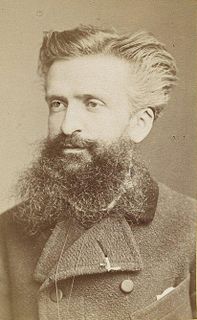A Quote by Alejandro Jodorowsky
In movies, images cost - if you want a big image, it takes more money.
Related Quotes
'New' movies are almost always hipper, faster, they mix genres aggressively, they smother their genre origins in new form, there are fewer of them, and they tend to cost a lot more money because you usually make more money on the megahit than you do on the steady progression of break-eveners. Except for the horror movie.
In making a movie, you're part of a big machine. Even in a small movie there are still so many people involved in the process, and it costs so much money to make. There is so much more invested in it for a lot of different people, so much money is sunk into it that they usually want some guarantee or promise that it's going to be able to do something on a financial level. There's just a lot more messing with you in film. I love movies and I love to watch movies and being a part of the whole film experience.
I've sat in so many meetings where they talk about converting movies to 3D just for the China market and just to make more money. I saw that people in China work long, long hours and that it's expensive to go to the movies, and you want to rip them off for even more money? I don't think that's right.
Well, in our industry it's that the movies cost so much money to make they have to appeal to a broad audience. And I think that's part of what will loosen up in the future, as technology makes it cheaper, you'll be able to make films for a more selective audience. I think people will be able to make more personal movies.
A crowd thinks in images, and the image itself calls up a series of other images, having no logical connection with the first...A crowd scarcely distinguishes between the subjective and the objective. It accepts as real the images invoked in its mind, though they most often have only a very distant relation with the observed facts....Crowds being only capable of thinking in images are only to be impressed by images.
The image can only be studied through the image, by dreaming images as they gather in reverie. It is a non-sense to claim to study imagination objectively since one really receives the image only if he admires it. Already in comparing one image to another, one runs the risk of losing participation in its individuality.







































